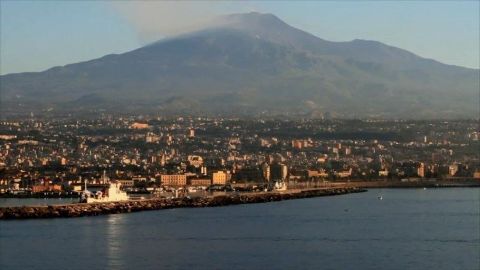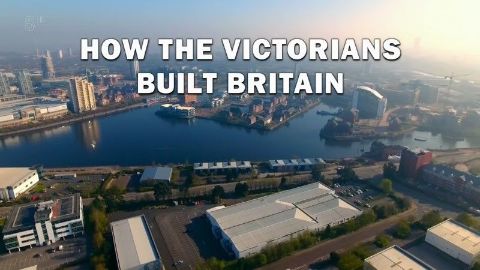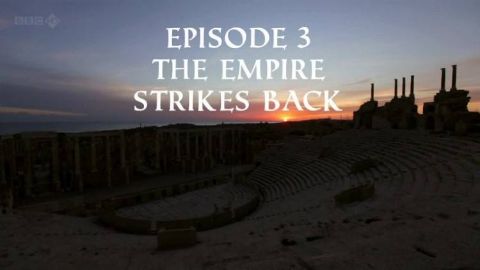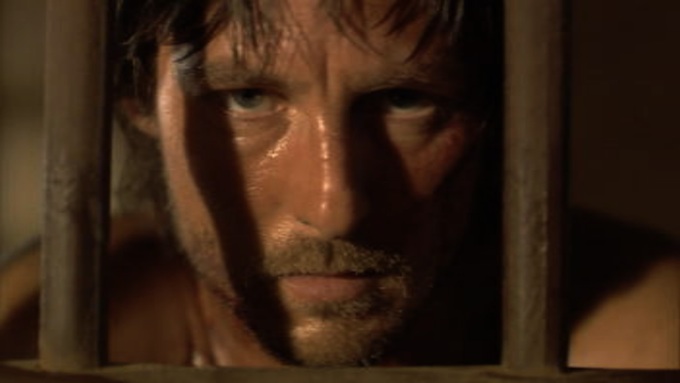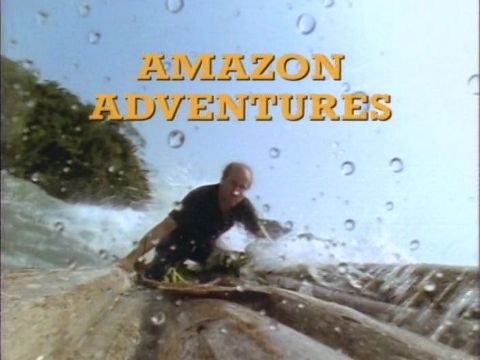Part 1 • 2017 • episode "S1E1" • Sicily: The Wonder of the Mediterranean
Historian Michael Scott begins his journey through Sicily on the slopes of Mount Etna, Europe's largest active volcano. For the ancient Greeks, the island was a land of gods and monsters - a dangerous and unpredictable world. Michael discovers how 3,000 years ago, the Greeks began to settle on Sicily's east coast - planting their olives and vines and building great city states that soon came to rival even Athens itself. He learns how great battles were fought between the Greeks and the Carthaginians for control of the island. How the Romans made it their first foreign colony and stripped Sicily of its forests to plant vast fields of grain.
Make a donation
Buy a brother a hot coffee? Or a cold beer?
Hope you're finding these documentaries fascinating and eye-opening. It's just me, working hard behind the scenes to bring you this enriching content.
Running and maintaining a website like this takes time and resources. That's why I'm reaching out to you. If you appreciate what I do and would like to support my efforts, would you consider "buying me a coffee"?
Donation addresses
BTC: bc1q8ldskxh4x9qnddhcrgcun8rtvddeldm2a07r2v
ETH: 0x5CCAAA1afc5c5D814129d99277dDb5A979672116
With your donation through , you can show your appreciation and help me keep this project going. Every contribution, no matter how small, makes a significant impact. It goes directly towards covering server costs.
